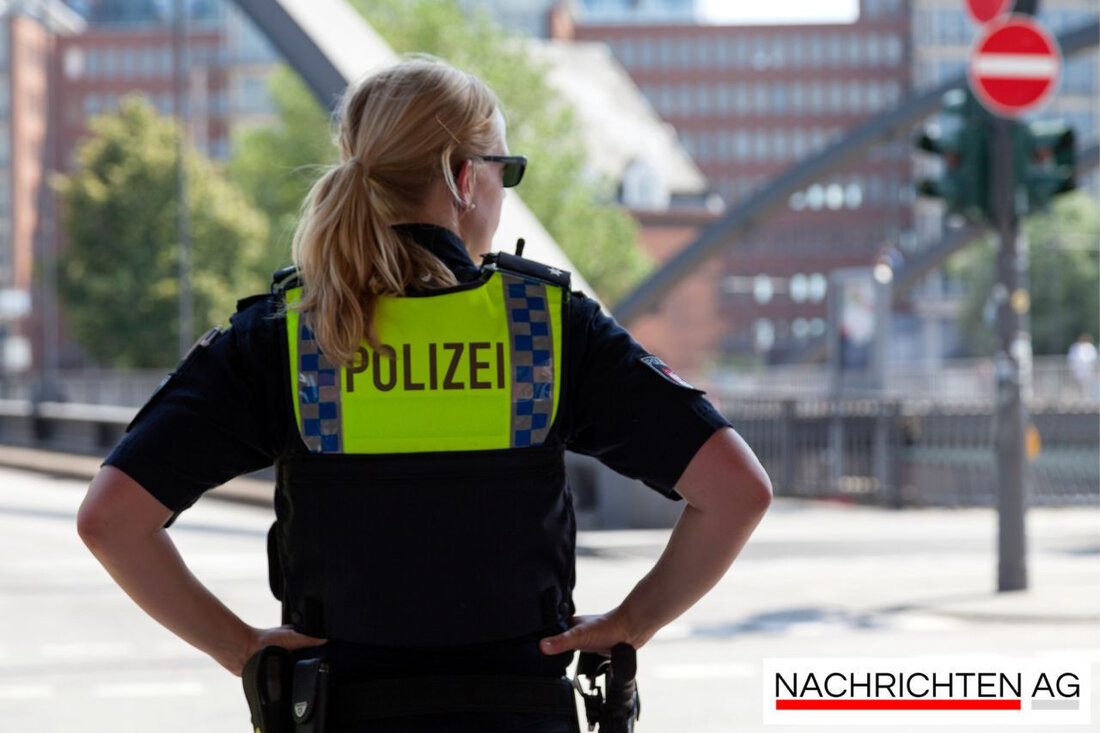Dobrindt in Prague: Strict border controls against illegal migration required!
Dobrindt in Prague: Strict border controls against illegal migration required!
Prag, Tschechien - Federal Minister of the Interior Alexander Dobrindt defended the tightened German border controls in Prague on May 31, 2025 and emphasizes that Germany has a high magnetic effect on illegal migration. This assessment is underpinned by current figures, since Germany recorded most of the first application for asylum within the EU in 2023. In a survey of 2000 emergency services from the federal police, 70 % stated that they only keep the border controls for no longer perseverance, which also contains the current situation.
Dobrindt admitted an increased workload for the police. However, he emphasized the effectiveness of the controls that have been introduced on all land -side borders since mid -September 2023. Around 450 employees of the customs have been supporting the federal police at the borders of Poland since October 2023. Czech Republic Minister Vit Rakusan called for a return to Schengen principles without internal border controls, while Dobrindt insisted on the need for an entire European solution to combat illegal migration.
Current developments and challenges
The border controls were intensified a few weeks after Dobrindt's office. Re -provisions were ordered by asylum seekers, with exceptions for pregnant women, children and other groups in need of protection. In connection with the controls, Dobrindt and Rakusan try to carry out a joint evaluation after one month. Interestingly, Czech Republic is currently the lowest “transit migration” for five years, which may be due to the new measures.
According to data from the UNHCR, a total of 117.3 million people worldwide were fleeing in 2023, with the main causes of fleeing conflicts, violence and human rights violations. The Ukrainian refugees represent a special group in the current situation, since they enjoy a temporary protection status in accordance with the EU Directive 2001/55/EC and usually do not apply asylum.
Promotion of border protection at EU level
In April 2024, the EU Parliament introduced a new border process for asylum decisions, which is to be carried out immediately after checking people at the EU external borders. The aim is to accelerate the assessment of asylum applications in order to be able to finally decide on the applications within twelve weeks. This builds on the urgent need to optimize the strategies to combat illegal migration throughout the EU. Rejected asylum seekers should also be sent back quickly within twelve weeks.
The challenges on the EU's outer border also affect the inner structures of Germany. The police union reports on a load limit of the emergency services. Of the police officers surveyed, 42 % found their work to be “under full load”. Union representatives are urgently calling for more staff and improved equipment for the emergency services.
In summary, it turns out that German border controls and pan -European solutions to combat illegal migration are both human rights and security policy challenges. The fair treatment of asylum seekers must be re -evaluated.For further information on asylum applications in the EU, the Statistics of Destatis are viewed, while details about the new border method in EU-Parliament . Current developments and statements can also be found in the article by the Welt .
| Details | |
|---|---|
| Ort | Prag, Tschechien |
| Quellen | |


Kommentare (0)